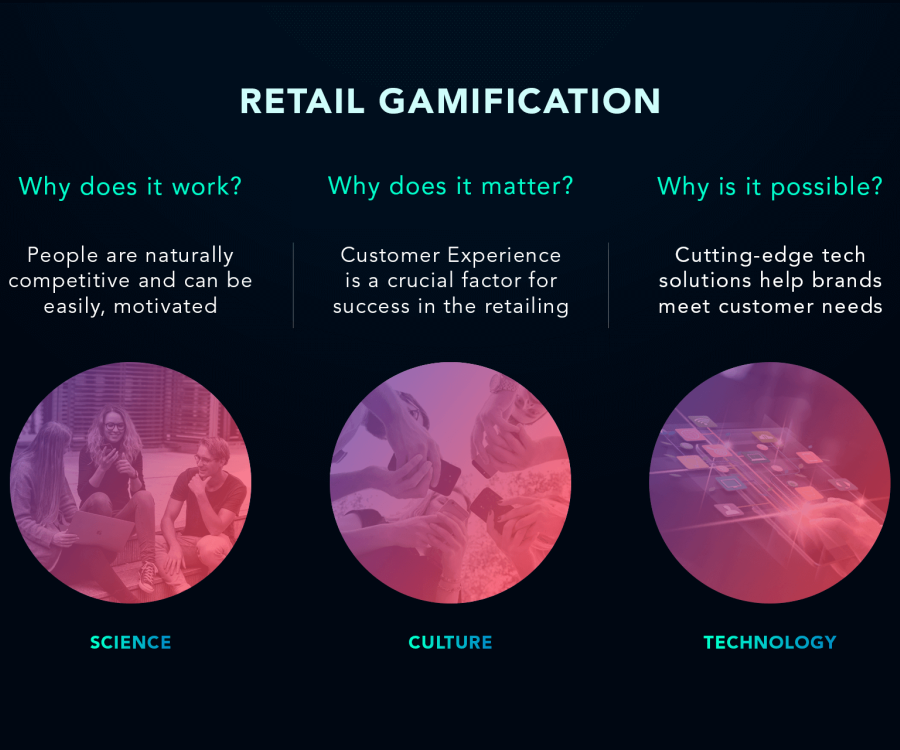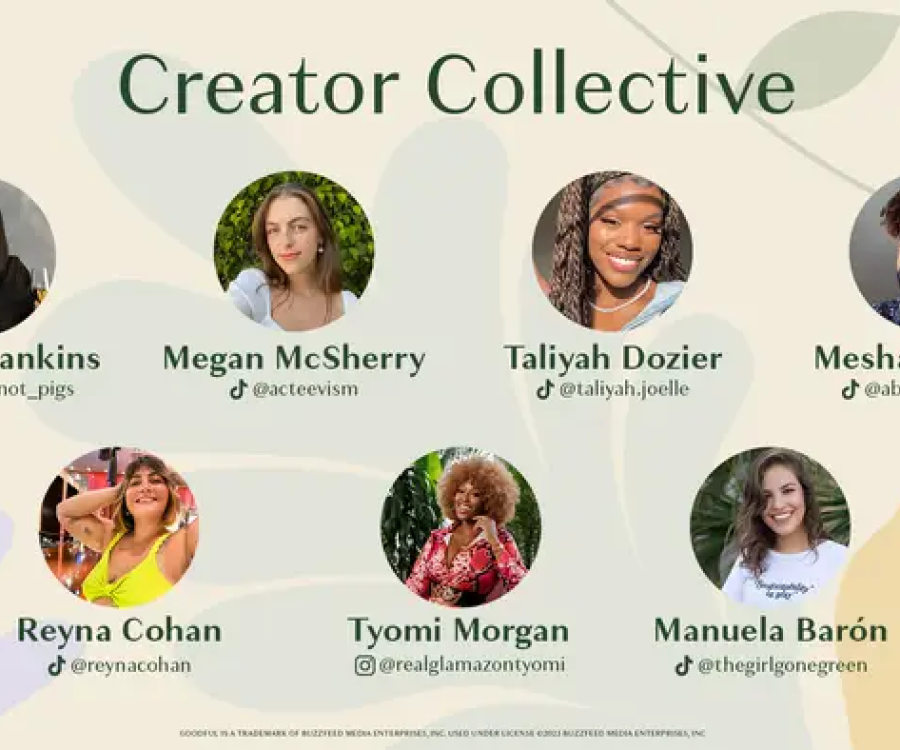Consumers around the world are more comfortable than ever interacting with brands, when they feel they’re getting value. The annual "State of Conversational Commerce Report" from Attentive revealed 91% of consumers have already opted into at least one brand’s SMS program, or are interested in doing so. Consumers are also willing to share personal information in exchange for free shipping, complimentary gifts, and / or personalized recommendations.

Conversational commerce is defined by interactive, people-driven experiences that support the entire customer buying experience. These conversations work towards a point of conversion or commerce – from awareness, all the way through post-purchase.
With more than 8,000 consumers surveyed from the US, Canada, the UK, and Australia, the findings reveal 88% of consumers would engage in a two-way conversation with a brand about a product, and 87% would reach out to resolve a checkout issue. This shows that conversational commerce has seen wide adoption in the shopping journey and presents an opportunity for brands to engage with customers to close a revenue gap through personalized, immediate attention.
Valuable insights into what customers and brands want
The desire to converse with brands shows that consumers are willing to share more than basic contact information, as the majority of US shoppers would share their name, email, and gender to get personalized recommendations. Notably, this aligns with the data marketers are most interested in location and product preferences. When brands collect personal information throughout the customer journey, they’re collecting the building blocks of zero-party data that enable them to deliver more tailored experiences and incentives.
"Conversational commerce radically changes how consumers shop in their day-to-day, and SMS marketing is at the heart of this shift," said Sara Varni, CMO at Attentive. "Brands are recreating the in-store experience online, which enables consumers to take an active role in starting a conversation. These two-way conversations naturally lend themselves to invaluable zero-party data collection that amplifies marketers’ efforts."
Additional findings from the 2023 Global State of Conversational Commerce include:
- The hunt for value: Unlike last year when convenience reigned supreme, this year, discounts are the biggest lever brands have to influence consumers to spend more than they planned.
- Big purchases through SMS: Despite being dialed into value, consumers are willing to spend significant amounts of money on items personally marketed to them via SMS. In the US, over 61% have spent between $50 and $500 on an item marketed to them via text, presenting an opportunity for high-end brands to meet their customers on the channels they prefer.
- Loyalty starts before the first purchase: When interacting with a brand for the first time, 87% of US respondents who subscribe to a brand's SMS channel said they're likely to make a purchase.
Attentive also surveyed over 900 brands globally to gather insights on top priorities for marketers in 2023 and the opportunities to maximize their programs. Highlights from Attentive’s SMS Benchmarks Customer Survey include:
- SMS is a direct revenue-driving channel: Just as SMS is globally-adopted by consumers, 79% of marketers use SMS as a retention channel and 73% of marketers say SMS drives incremental revenue for their business.
- Hyper-focus on performance channels: A majority of marketers surveyed aren’t managing a reduced budget this year. For 86% of marketers, their budgets are staying consistent to 2022 or increasing. But the focus has shifted to retention and acquiring new customers, using channels that are proven to show results.
- Growth in SMS marketing budget: Given the direct and measurable nature of SMS marketing, it’s no surprise that 52% of marketers are planning to increase their SMS marketing budget. This percentage is greater than any other paid channels’ budgets.




